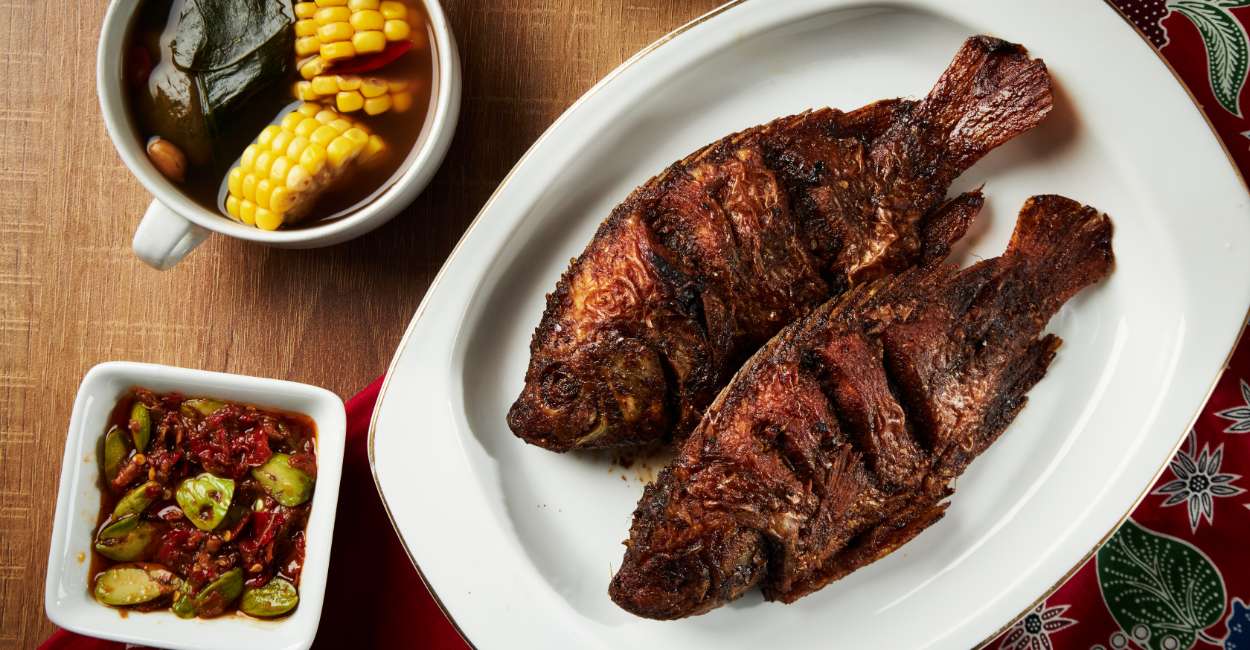
Spices are the culinary alchemists that transform ordinary ingredients into extraordinary dishes. They have been an essential part of cooking for centuries, adding depth, complexity, and character to a wide range of cuisines. In this article, we will delve into the fascinating world of how spices enhance flavors in dishes, exploring the science, techniques, and artistry behind this culinary magic.
The Science of Spice Flavor Enhancement
Essential Oils and Volatile Compounds:
At the heart of spice flavor enhancement are essential oils and volatile compounds. These natural components give spices their distinct aromas and flavors. Essential oils are composed of various chemical compounds that are responsible for the spices’ sensory characteristics.
Taste and Aroma Perception:
Spices impact both taste and aroma perception in dishes. The taste components include sweet, sour, salty, bitter, and umami, while the aroma compounds contribute to the overall scent. When you savor a dish with spices, your taste buds and olfactory receptors work in harmony to create a memorable flavor experience.
Interaction with Food Ingredients:
Spices interact with other food ingredients, creating a synergy that enhances overall flavor. For example, spices like cinnamon and nutmeg pair harmoniously with sweet ingredients, while cumin and coriander complement savory dishes. These interactions create balanced and well-rounded taste profiles.
Techniques for Maximizing Spice Flavor
Heat and Extraction:
Heat is a fundamental technique for unlocking the full potential of spices. When spices are heated, their essential oils and volatile compounds are released, infusing the dish with their distinctive flavors and aromas. Common heat-based techniques include sautéing, frying, and roasting.
Blooming and Toasting:
Toasting spices before use is a common practice in many cuisines. This process intensifies the spices’ flavors and brings out their aromatic qualities. Blooming involves heating spices in oil or butter, while toasting is done in a dry pan. These techniques enhance the spices’ impact on the final dish.
Layering and Timing:
Layering spices at different stages of cooking can elevate the overall flavor. Some spices are added at the beginning of the cooking process to infuse the base flavors, while others are introduced towards the end to maintain their aromatic qualities. Timing is crucial for achieving the desired taste balance.
Grinding and Blending:
Grinding spices just before use ensures maximum flavor impact. Whole spices retain their essential oils and volatile compounds longer than pre-ground spices, preserving their freshness and potency. Blending different spices allows chefs and home cooks to create unique flavor combinations.
Spice-Driven Culinary Creativity
Fusion Cuisine:
Spices are instrumental in fusion cuisine, where different culinary traditions merge to create innovative dishes. Chefs experiment with spices from various cultures, pairing them in unexpected ways to craft entirely new flavor profiles. Fusion cuisine celebrates the versatility of spices in breaking culinary boundaries.
Flavor Pairing:
Spices are the palette of flavor pairing, allowing chefs to create harmonious taste combinations. Pairing spices involves balancing contrasting elements like sweet and savory, spicy and cooling, or tangy and earthy. The art of flavor pairing enables chefs to craft unique and memorable dishes.
Regional and Cultural Influence:
Spices play a significant role in defining regional and cultural culinary identities. Each culture has its unique spice blends and signature dishes that showcase the flavors of the region. Spices connect people to their heritage and traditions, preserving culinary legacies.
Spice Enhancement in Everyday Cooking
Spice-Infused Oils and Condiments:
Creating spice-infused oils, sauces, and condiments is a simple way to incorporate spice flavor enhancement into everyday cooking. These homemade flavor boosters can be drizzled over dishes, used as marinades, or added to sauces for a quick and delicious transformation of your meals.
Spice-Infused Beverages:
Spices are not limited to savory dishes; they can also elevate beverages. Spice-infused teas, coffees, cocktails, and even mocktails offer exciting taste experiences. Spices like cinnamon, cardamom, and ginger add depth and complexity to your drinks.
Conclusion:
Spices are the enchanted keys that unlock a world of flavors in the culinary realm. Their essential oils and volatile compounds, combined with the right techniques and culinary creativity, have the power to enhance the taste and aroma of dishes, making dining an unforgettable experience. Understanding how spices enhance flavors is an art and science that inspires chefs and home cooks alike to embark on a never-ending journey of gastronomic exploration.
FAQs
Q: Can spices salvage an overseasoned dish?
A: Yes, spices can help balance an overseasoned dish by introducing complementary flavors that counteract the excessive seasoning. Careful selection and tasting are essential to achieve the desired balance.
Q: Are there spices that should be used sparingly due to their potent flavor?
A: Yes, spices like cloves, allspice, and fennel seeds are known for their strong flavors and should be used sparingly. A little goes a long way in enhancing dishes.
Q: Can spices lose their potency over time?
A: Yes, spices can lose their potency if not stored properly. Exposure to heat, light, and moisture can degrade the essential oils and volatile compounds responsible for flavor and aroma.
Q: What is the significance of spice blends in culinary traditions?
A: Spice blends, such as curry powder, garam masala, and five-spice powder, are integral to culinary traditions. They offer complex flavor profiles that are unique to specific cuisines and regions, adding depth to traditional dishes.
Q: Are there spices that pair exceptionally well together in most cuisines?
A: Spices like cinnamon and nutmeg, or cumin and coriander, often pair well together due to their complementary flavor profiles. These combinations are versatile and can be used in various culinary traditions.
Read More – how to store spices
